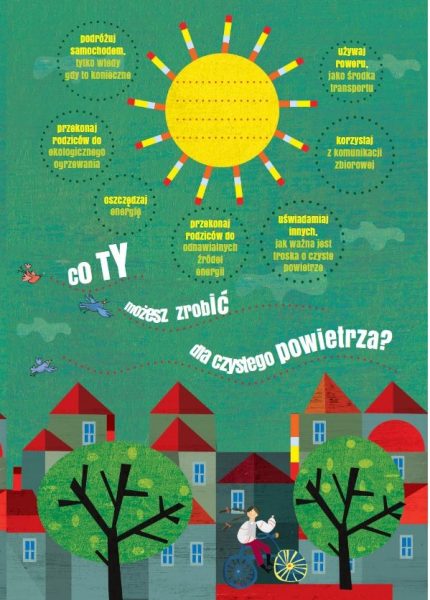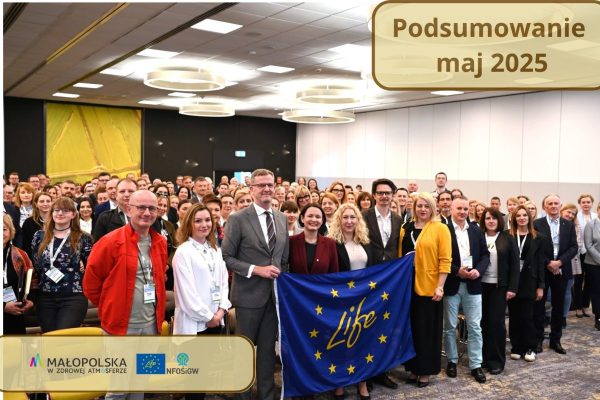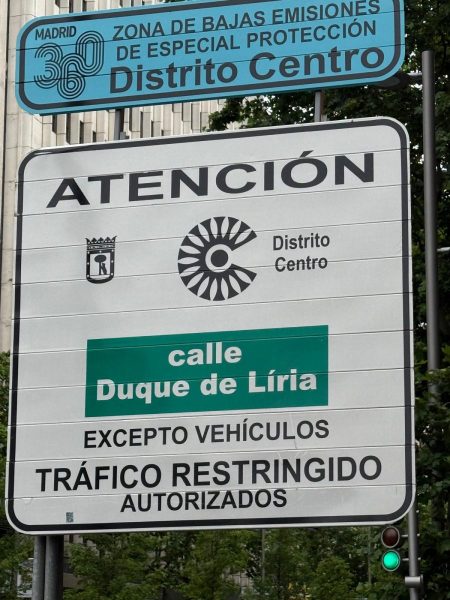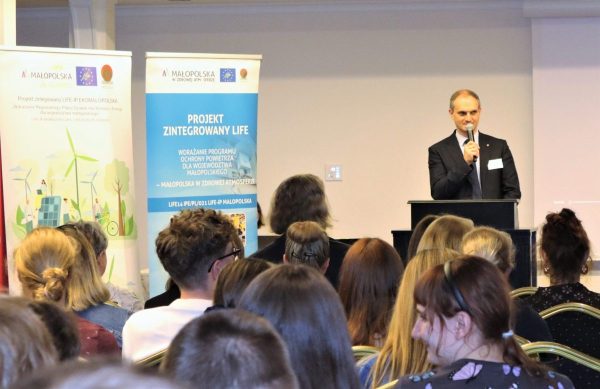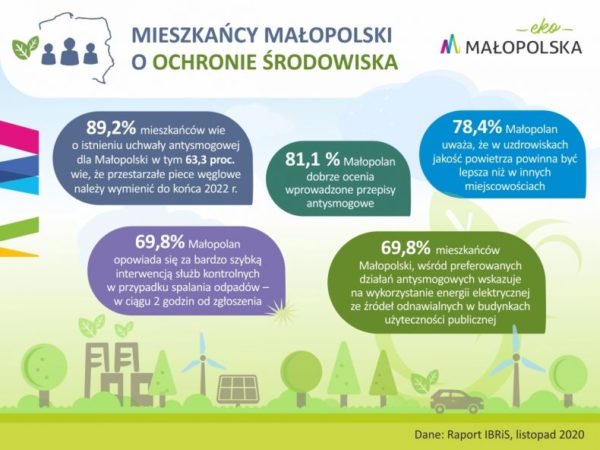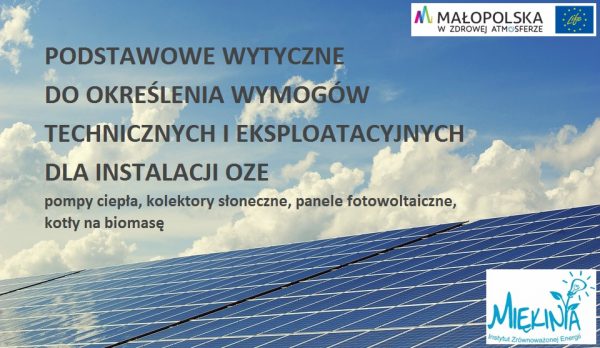EU investment is changing the region’s energy landscape
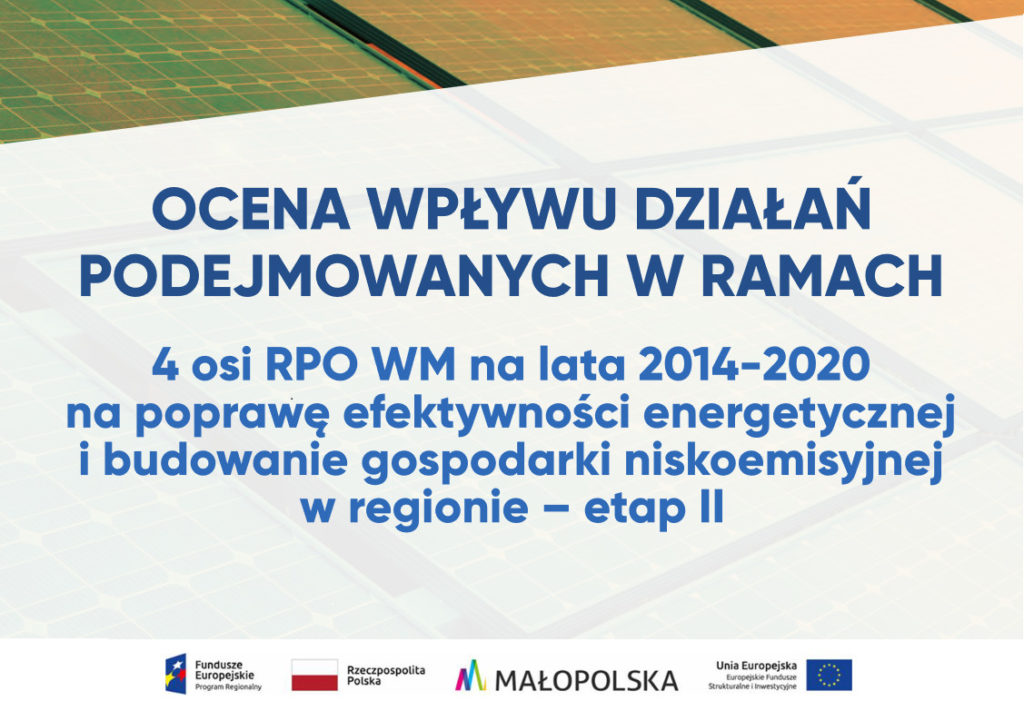
In recent years, Małopolska has undergone an energy transformation, to which the Regional Operational Programme for the Małopolska Voivodeship (ROP) has contributed. Projects financed from the ROP have improved the quality of life of residents by developing a modern energy sector and ensuring the energy security of the region.
Assessment of the impact of projects on the sector energy sector
The Malopolska Regional Development Observatory operating at the Marshal’s Office of the Malopolska Region prepared a report to assess the impact of projects supported under Axis 4 of the ROP for 2014-2020 (Regional Energy Policy) on the development of the energy sector in the province. The study focused on document analysis and interviews with residents and representatives of various institutions involved in the implementation of the projects.
New energy sources
The evaluation showed that the funds allocated under Axis 4 of the ROP played a significant role in promoting the use of renewable energy sources in the region. Their contribution to the development of individual installations producing thermal energy from RES was particularly important. The funds were also an important element in financing public investments related to the development of electricity networks.
Thanks to the ROP, more than 12,500 photovoltaic installations and almost 11,500 individual renewable energy installations (RES) have been installed. This is a step towards sustainable development, translating into less conventional energy consumption. The new installations have the potential to produce a significant amount of electricity and heat, thereby reducing emissions of harmful substances into the atmosphere.
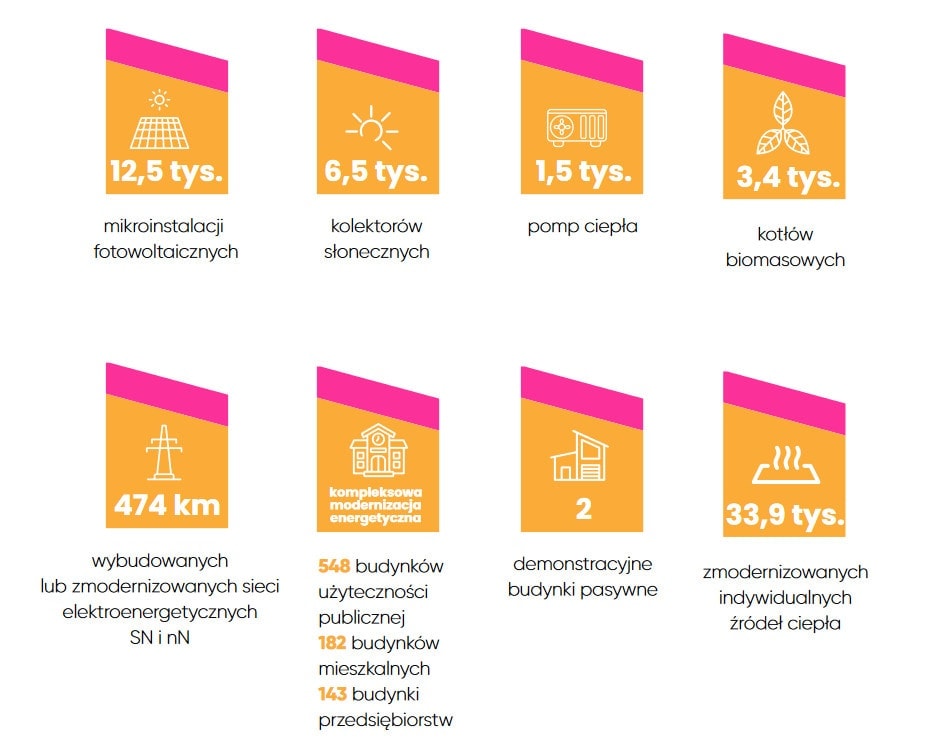
Improving energy efficiency
Support from the ROP was also directed at improving the energy efficiency of buildings, both in the public and residential sectors and among businesses. As a result, over 870 buildings were modernised. This resulted in significant heat energy savings, reduced electricity consumption and lower operating costs.
Improving Air Quality and Reducing Emissions
Modernisation of inefficient heat sources had a significant impact on improving air quality, contributing to the reduction of PM10 and PM2.5 emissions. Support programmes responded well to the needs of anti-smog resolutions, being effective tools in the fight against air pollution. In addition, investments in the development of RES and the modernisation of energy infrastructure have contributed to the reduction of greenhouse gas emissions. This is an important step towards achieving climate goals and protecting the environment.
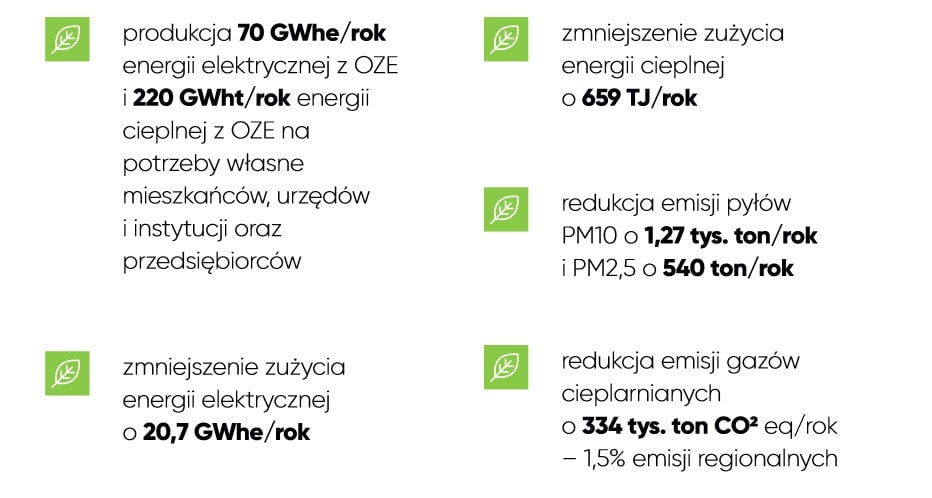
The investments supported by the ROP have not only brought environmental benefits, but have also increased the environmental awareness of residents. Education and information programmes have increased residents’ knowledge of air quality and the role they can play in improving it.
The analysis showed that support programmes, including the Clean Air Programme, were effective tools in the fight against fuel poverty. Local initiatives supporting the thermal modernisation of buildings and the replacement of inefficient heat sources also played an important role. As a result, an increasing number of households, especially those in a difficult financial situation, have been able to benefit from support programmes. This has contributed to improving the quality of life and reducing social inequalities.
In addition, the results of the evaluation indicated that the Eco-managers employed in the municipalities of Małopolska have a key function in the region’s energy transition process and the reduction of energy poverty.
Key conclusions and recommendations
The report clearly shows that the measures taken under ROP Axis 4 have had a significant impact on the development of the energy sector in Małopolska. A particularly large scale of effects was achieved in the field of energy modernisation of public buildings.
The Regional Operational Programme was instrumental in achieving the objectives of the Air Programme. It was responsible for approximately 40% of the effects in terms of the number of solid fuel cookers eliminated and PM10 emission reductions achieved between 2017 and 2022 (according to Air Protection Programme reporting). It should be noted that most of the funds in Axis 4 of the ROP went to municipalities with the highest concentrations of particulate pollution.
In conclusion, the ROP has proved to be an effective tool in the pursuit of a sustainable energy future for the Małopolska region. The measures taken under axis 4 of the programme have contributed to improving the quality of life of the inhabitants and protecting the natural environment.
The full version of the report can be found on the official website of the Malopolska Regional Development Observatory of the Marshal’s Office of the Malopolska Region at: www.obserwatorium.malopolska.pl.
The documents have also been uploaded below.


